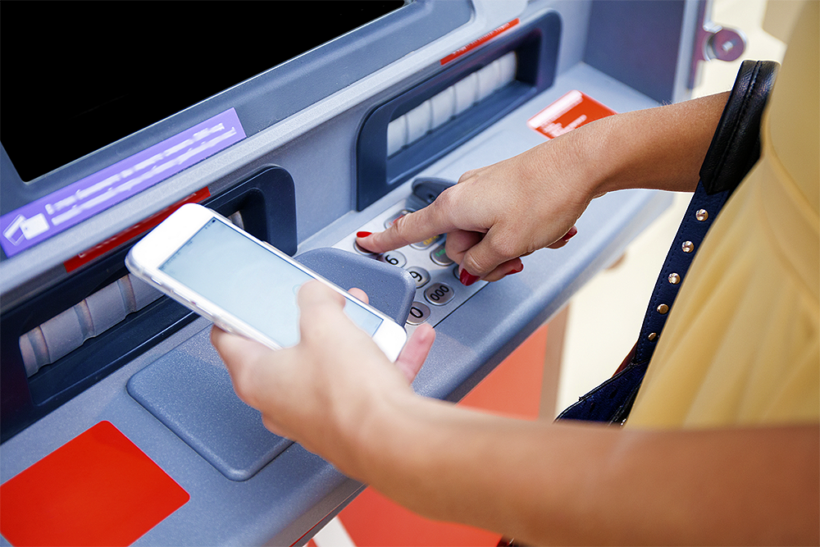Thai Central Bank ‘sandboxing’ biometrics to open a saving account

The Bank of Thailand’s assistant governor for payment systems policy and financial technology group, Siritida Panomwan, says that 10 commercial banks and non-bank financial institutes were participating in the BoT’s ‘sandbox’ project to test-run biometric technology known as e-kyc (“electronic know your customer”, not a special lubricant gel) to electronically verify the identity of customers.
“So far none of the participants has been able to successfully complete the project due to minor issues that need to be resolved, but the BoT is positive that the participants will finish the biometric test run before the end of fourth quarter.”
According to The Nation, the assistant governor further explained that the central bank has to set policies, regulations and criteria to ensure a smooth and problem-free operation before implementing the biometrics in the real world.
“During phase 1 we will be focusing on using biometrics to verify a customer’s identity when opening a savings account.”
“If the implementation is successful, banks and non-banks can adapt the technology to other aspects of their services without having to ask for BoT’s permission again.”
Siritida added that more than dozen operators had currently applied for licenses to conduct e-payment and e-money businesses and confirmed that the services are becoming popular.
“BoT has already granted licenses to some one hundred operators and is expecting to see more new operators in the coming years.”
SOURCE: The Nation
Latest Thailand News
Follow The Thaiger on Google News:


























